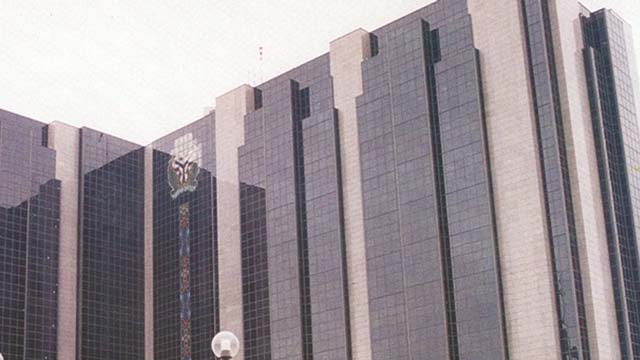
Despite the tightening stance of the Central Bank of Nigeria (CBN), Nigerian banks and discount houses borrowed ₦29.017 trillion through the Standing Lending Facility in the third quarter of 2024.
obtained from the CBN Financial report said this marked a significant increase compared to the ₦6.24 trillion borrowed in the third quarter of 2023, reflecting a 368.8 per cent rise in the amount borrowed.
The report noted that Nigerian banks and discount houses, however, deposited ₦14.97 trillion in Q3 of 2024, compared to ₦2.41 trillion same period of 2023, representing a 522.12 per cent increase in deposits.
It said the surge occurred despite a reported decrease in liquidity in April 2024, a trend largely attributed to the sustained tight monetary policy of the CBN.
Tracking the destination of the borrowings, credit to the Nigerian government surged to an unprecedented ₦31.15 trillion in the third quarter of 2024, highlighting the government’s increasing reliance on domestic borrowing to meet its financial obligations.
This is a ₦9.01 trillion increase, compared to the ₦22.14 trillion same period in 2023, reflecting a 40.70 per cent rise in credit to the Nigerian government.
While credit to the private sector in the Q3 of 2024 recorded was ₦74.73 trillion when compared to the same time 2023 figure of ₦59.51 trillion, this reflects a 25.55 per cent increase from the 3rd quarter of 2023 to the 3rd quarter of 2024.
The statistics underscored the government’s widening borrowings as it navigates fiscal pressures and limited revenue options.
The CBN’s latest money and credit statistics indicated a persistent upward trend in government borrowing throughout the year, driven largely by fiscal demands, a substantial N11 trillion increase from N19.83 trillion in July 2024 to ₦31.15 trillion in credit to the government in August 2024, which reflected the growing attractiveness of government securities in a high-interest-rate environment.
The credit to the private sector in August 2024 was N74.73 trillion, a slight decrease from N75.51 trillion in July 2024, a decrease of approximately 1.03 per cent compared to July 2024.
It harboured good feeling that the MPR rate in the third quarter of 2023 was 18.75, compared to 26.75 in the 3rd quarter of 2024, since the CBN has been on a tight monetary policy regime, this has not deterred borrowings, although credit to the private sector trumps credit to the government, the rate at which both sectors are borrowing is high, the private sector continual borrowing indicated they still expect inflation to persist, it also showed businesses are borrowing to cover operational costs, which might not be sustainable in the long-run.
While increased government borrowings show it is borrowing to fund the fiscal side, the rising debt-serving ratio presents a worrying challenge.






